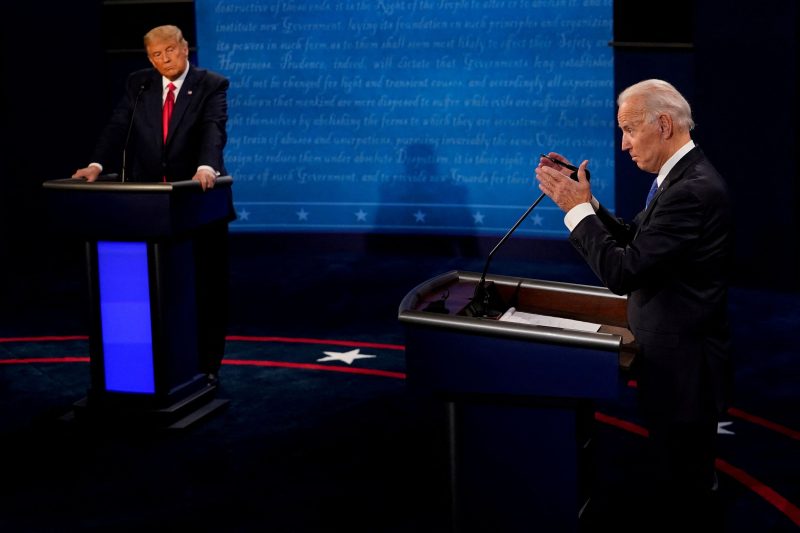In recent times, the effect of debates on voter sentiment has come under scrutiny. Some skeptics argue that debates have little impact on voters’ decisions, while others believe that these televised showdowns can sway public opinion significantly. To delve into this topic, we will analyze the key arguments from both sides before drawing our conclusions.
Proponents of the idea that debates can influence voter sentiment point to historical instances where candidates have seen drastic shifts in popularity following a strong debate performance. The televised debates between John F. Kennedy and Richard Nixon during the 1960 presidential election are often cited as a turning point in American politics. Kennedy’s calm demeanor and engaging presence in the first-ever televised debate helped him gain an edge over Nixon, who appeared nervous and unprepared. This visual contrast is believed to have played a crucial role in shaping voter perceptions of the two candidates.
Furthermore, debates provide candidates with a platform to directly address voters and outline their policies and plans for the future. For undecided voters or those seeking more information about the candidates, debates offer a real-time opportunity to assess the contenders’ positions on key issues. This direct engagement can help voters make more informed decisions and potentially sway their opinions based on the candidates’ performance.
On the other hand, critics argue that debates do not significantly alter voter sentiment, especially in today’s polarized political landscape. In an era dominated by social media and 24/7 news coverage, voters are often already entrenched in their political beliefs and are less likely to change their minds based on a single televised event. Furthermore, the rise of misinformation and fake news has led to increased skepticism among voters, making it harder for debates to break through the noise and influence public opinion.
Another key criticism is the limited impact of debates on undecided voters. Research has shown that a significant portion of the electorate has already made up their minds before the debates take place. For these voters, debates may serve more as a reaffirmation of their existing beliefs rather than a catalyst for change.
In conclusion, while debates have the potential to influence voter sentiment, their impact may vary depending on the context and timing of the event. Strong debate performances can undoubtedly shape public perceptions of candidates, as seen in historical examples like the Kennedy-Nixon debates. However, in today’s fast-paced and polarized political environment, the influence of debates on voter sentiment may be more limited. To truly assess the efficacy of debates in shaping public opinion, a more nuanced understanding of voter behavior and evolving media landscapes is necessary.

